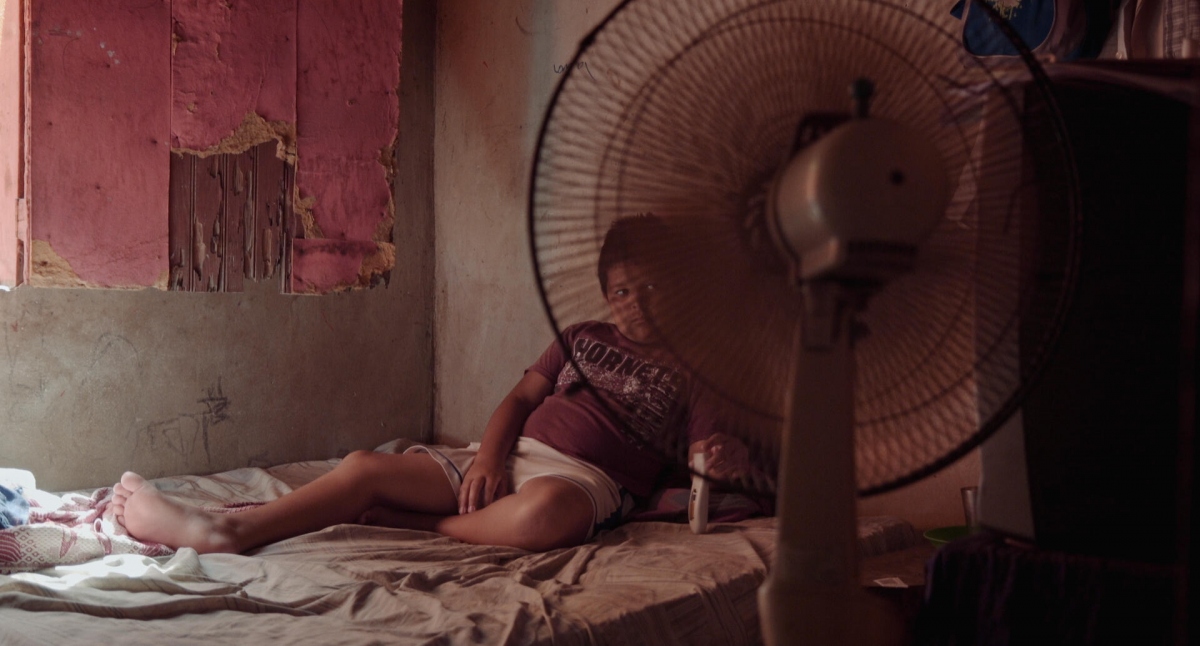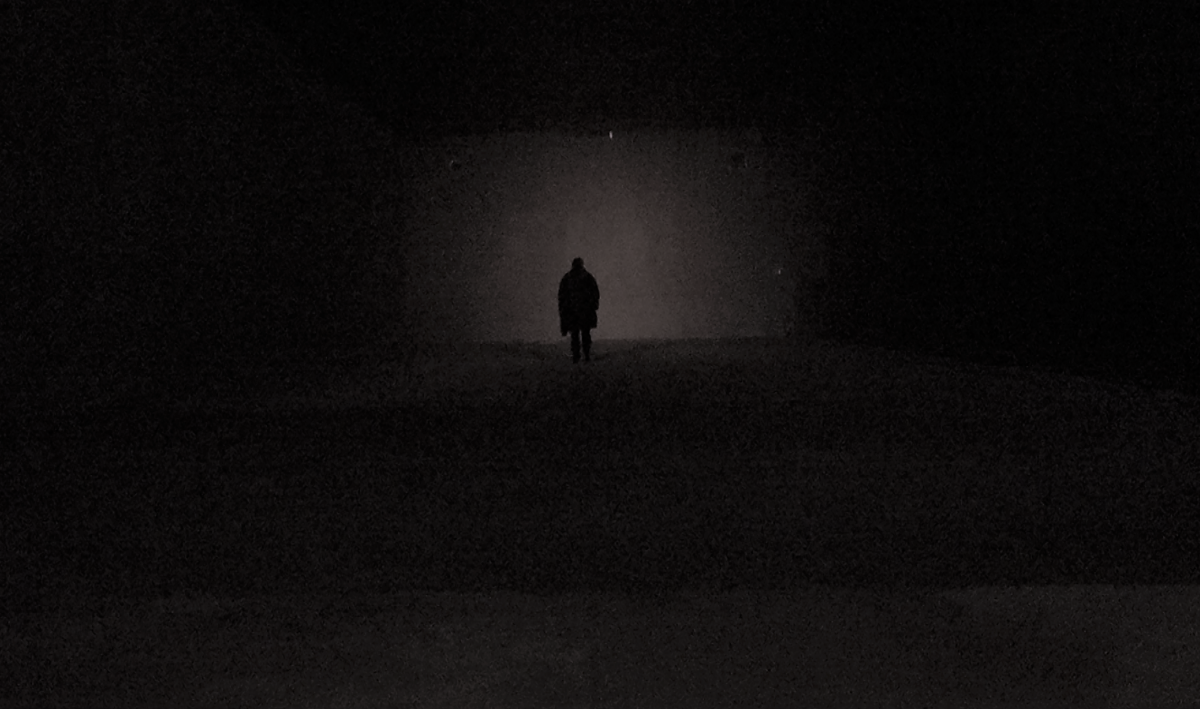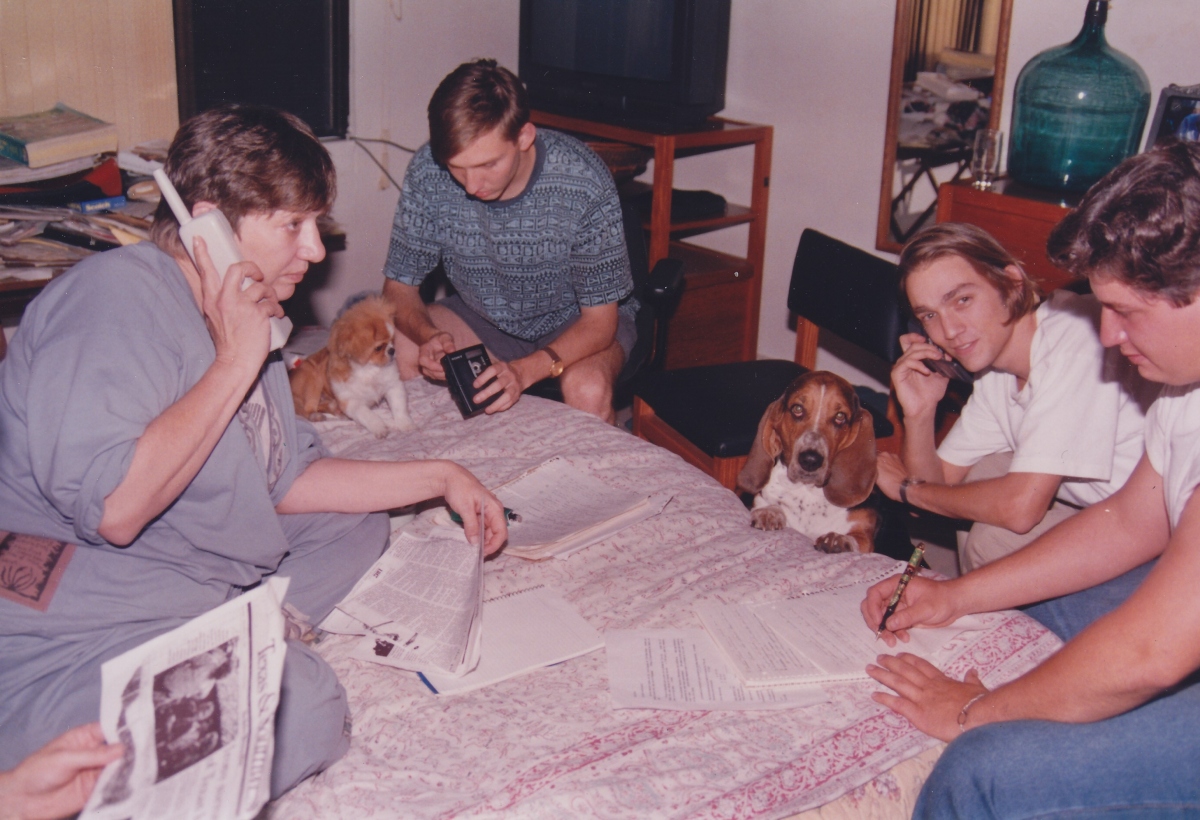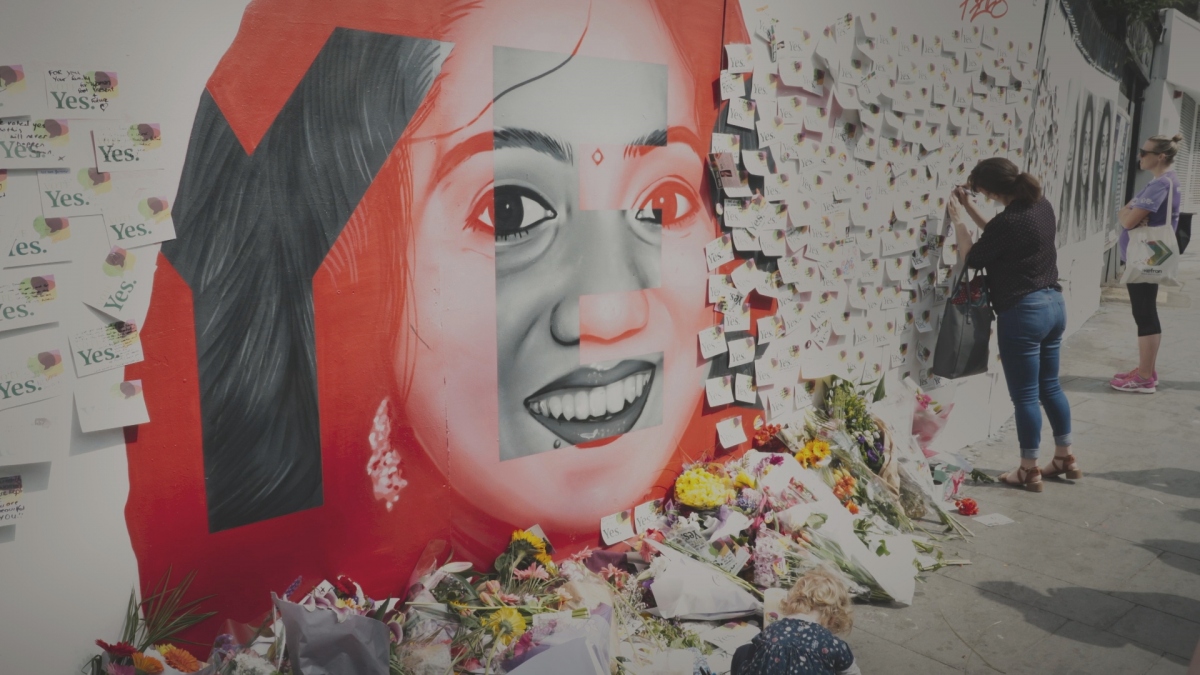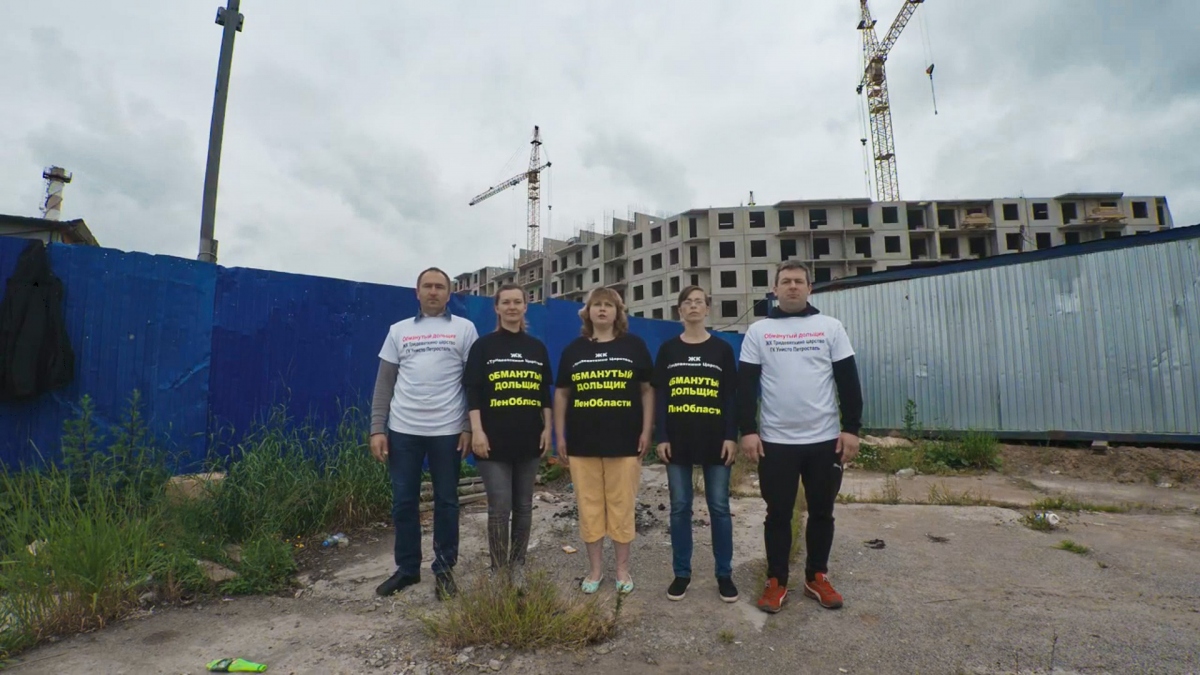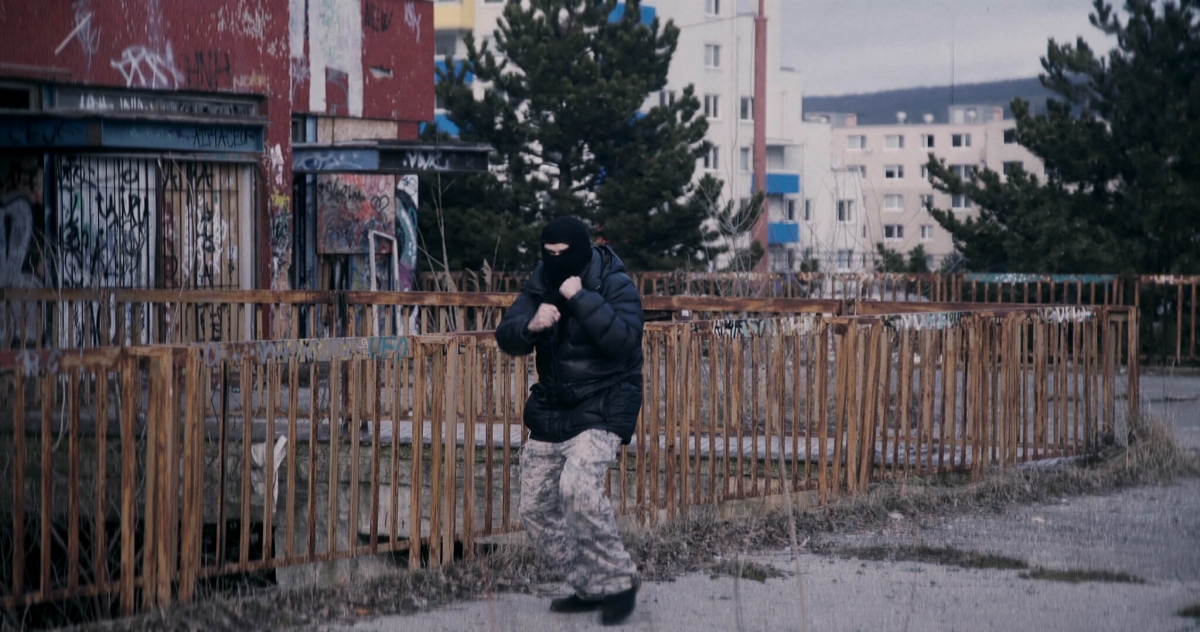The Many Lives of Kojin | WATCH DOCS
Jump to content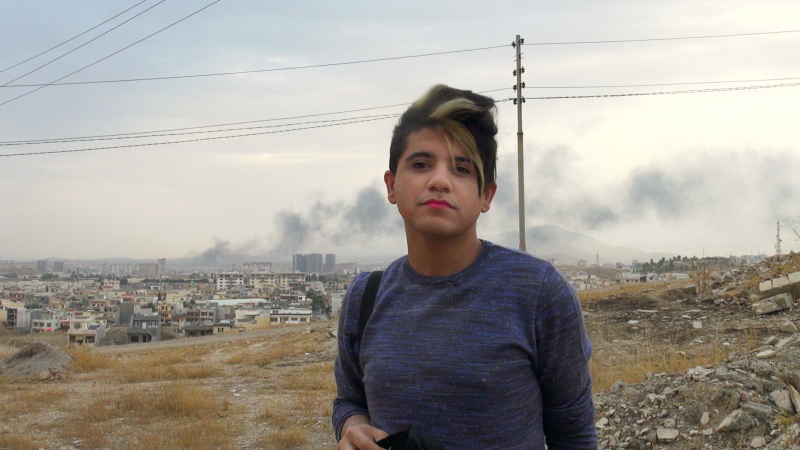
The Many Lives of Kojin
A Kurdish gay man comes out of the closet - what happens when you violate a taboo?
Kojin is a young Kurdish gay man who, at the director’s urging, decides to confront his community about the subject of homosexuality, which is taboo in his culture. This experiment could cost the film’s protagonist his life, because many of the people he speaks to openly admit that they would prefer to see all homosexuals in coffins. There is a widespread perception that homosexuality is a disease that can be cured by expelling the genie that has taken over the unfortunate victim’s body. At least, this is the claim of a well-known imam from the Kurdish community who, by using various tricks, is able to “cure” not only homosexuality but also AIDS, cancer, and Ebola. This may make you smile with disbelief, but that feeling will quickly turn into consternation. “We Kurds have been persecuted for years; we are not accepted; they want to smother us. Make a film about the resistance and liberation of Kurdistan; then we will be proud of you,” the director hears from his uncle. However, Iraqi Kurdistan, apart from the pride of its inhabitants in their nationality and their constant struggle for independence, openly demonstrates prejudice and disgust toward people with a different sexual orientation. The situation forces Kojin to seek asylum in Europe, where he ends up in ... Poland. Diako Yazdani’s brilliant full-length debut tells a story of great courage and persistence in striving to live in harmony with one’s nature, regardless of the consequences. The director, an Iranian Kurd, gives hope through his example that it is possible to undergo a transformation—to become a champion of diversity instead of its enemy.
Zuzanna Połynko

